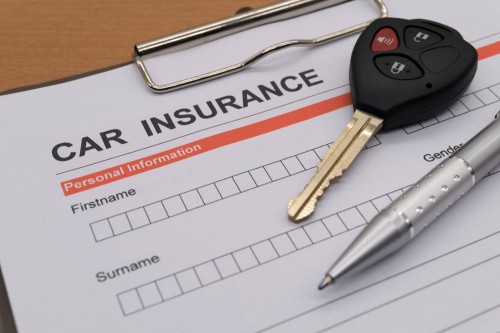How Does the Insurance Company "Total" My Car?

You’ve just been in an accident, and unfortunately, the consensus from your insurance company is that your vehicle has been totaled. We all know this doesn’t bode well, but what exactly does “totaled” mean, and how did the insurance company come to that conclusion?
Well, there are several different factors and components that the insurance company takes into consideration when totaling your car. Put simply, cars are labelled as “totaled” when the cost to repair your car is higher than its actual cash value, or ACV.
How do they calculate all of this? Well, your car’s ACV is determined by a variety of factors—and can also be negotiated in some cases. After factoring in the average depreciation of a vehicle (generally between 15 and 25 percent every year for the first five years after purchase), age, the level of maintenance, vehicle model, and mileage, a claims adjustor will provide a total value for your vehicle.
 You’ve probably also heard of Kelley Blue Book or the NADA guide too; both of these serve as standardized methods for calculating a vehicle’s ACV. Each insurance company may have different specific criteria for determining this value, as well.
You’ve probably also heard of Kelley Blue Book or the NADA guide too; both of these serve as standardized methods for calculating a vehicle’s ACV. Each insurance company may have different specific criteria for determining this value, as well.
Once your vehicle is declared a total loss, there are a few options that you have for your next step. Your insurance company can offer a cash settlement for the ACV of your vehicle, or, in some states, you can request for the title and damaged vehicle to be returned to you.
We here at [Name] know how stressful accidents can be, but we also know that there’s always a light at the end of the tunnel! If you ever have any questions about your car’s repairs or condition, don’t hesitate to ask. We’re always ready to help any of our clients and neighbors here in [City], [State] and beyond.









 You’ve probably also heard of Kelley Blue Book or the NADA guide too; both of these serve as standardized methods for calculating a vehicle’s ACV. Each insurance company may have different specific criteria for determining this value, as well.
You’ve probably also heard of Kelley Blue Book or the NADA guide too; both of these serve as standardized methods for calculating a vehicle’s ACV. Each insurance company may have different specific criteria for determining this value, as well.
Social